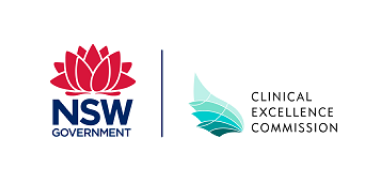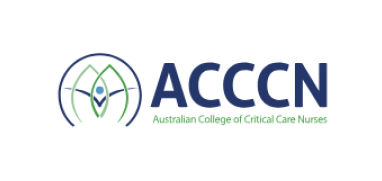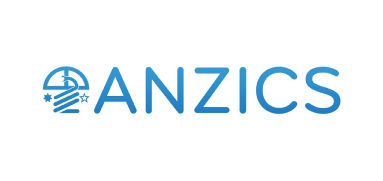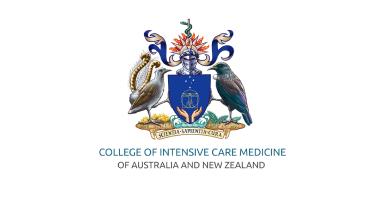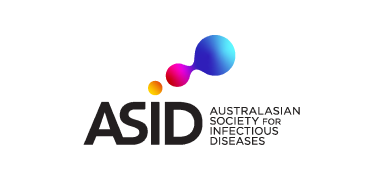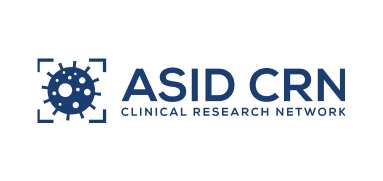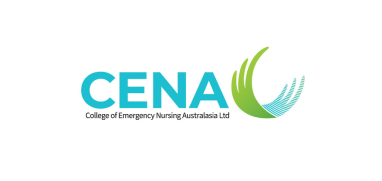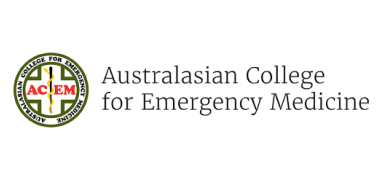Global Sepsis Alliance (GSA)
The Global Sepsis Alliance and its Regional Alliances, the International Sepsis Forum and the World Health Organisation provide international leadership in advocating for sepsis, developing strategic action plans and resources, and disseminating knowledge on best practices in sepsis prevention, treatment and support. Global Sepsis Alliance (GSA) is a non-profit charity organisation with the mission to provide global leadership to reduce the worldwide burden of sepsis. The GSA is the initiator of World Sepsis Day on September 13 and World Sepsis Congress, a series of free online congresses bringing knowledge about sepsis to all parts of the world, among other initiatives. The GSA works closely with its over 115 member organizations from all over the world – patient advocacy groups, professional societies, healthcare authorities, and governments – to implement changes on how sepsis is prioritised, diagnosed, and treated all around the world, as laid out in the WHO Resolution on Sepsis.
Asia Pacific Sepsis Alliance (APSA)
Asia Pacific Sepsis Alliance (APSA) is one of five regional alliances of the GSA established to facilitate closer working ties with local stakeholders, regional governments, and regional WHO offices, and to enact key performance indicators from the Sepsis Resolution adopted by the WHO in May 2017. The Asia Pacific Sepsis Alliance, a coalition of 24 countries, was formed in Bangkok, Thailand in October 2018, managed by Sepsis Australia and was founded on the Bangkok Declaration a call to action for a regional alliance to reduce the burden of sepsis in the Asia Pacific region.
World Health Organisation (WHO)
World Health Organisation recognised sepsis as an important global health threat and responded with a WHO Secretariat Report in May 2017 to the Seventieth World Health Assembly which adopted Resolution WHA70.7 on Improving the prevention, diagnosis and clinical management of sepsis.
The key pillars of Resolution WHA 70.7 are to:
- Develop WHO guidance on sepsis prevention and management
- Draw attention to public health impacts of sepsis and estimate the global burden of sepsis
- Support Member States to define and implement standards and establish guidelines, infrastructure, laboratory capacity, strategies, and tools for identifying, reducing incidence of, and morbidity and mortality due to sepsis
- Collaborate with UN organisations, partners, international organisations, and stakeholders to enhance sepsis treatment and infection prevention and control including vaccinations.
In collaboration and coordination with WHO regional offices, Member States and other stakeholders, several WHO headquarters programmes are currently working on the public health impact of sepsis and providing guidance and country support on sepsis prevention, early and appropriate diagnosis, and timely and appropriate clinical management. Through the GSA and APSA, Sepsis Australia is contributing to this important work which is harnessing global collaboration to tackle sepsis.

